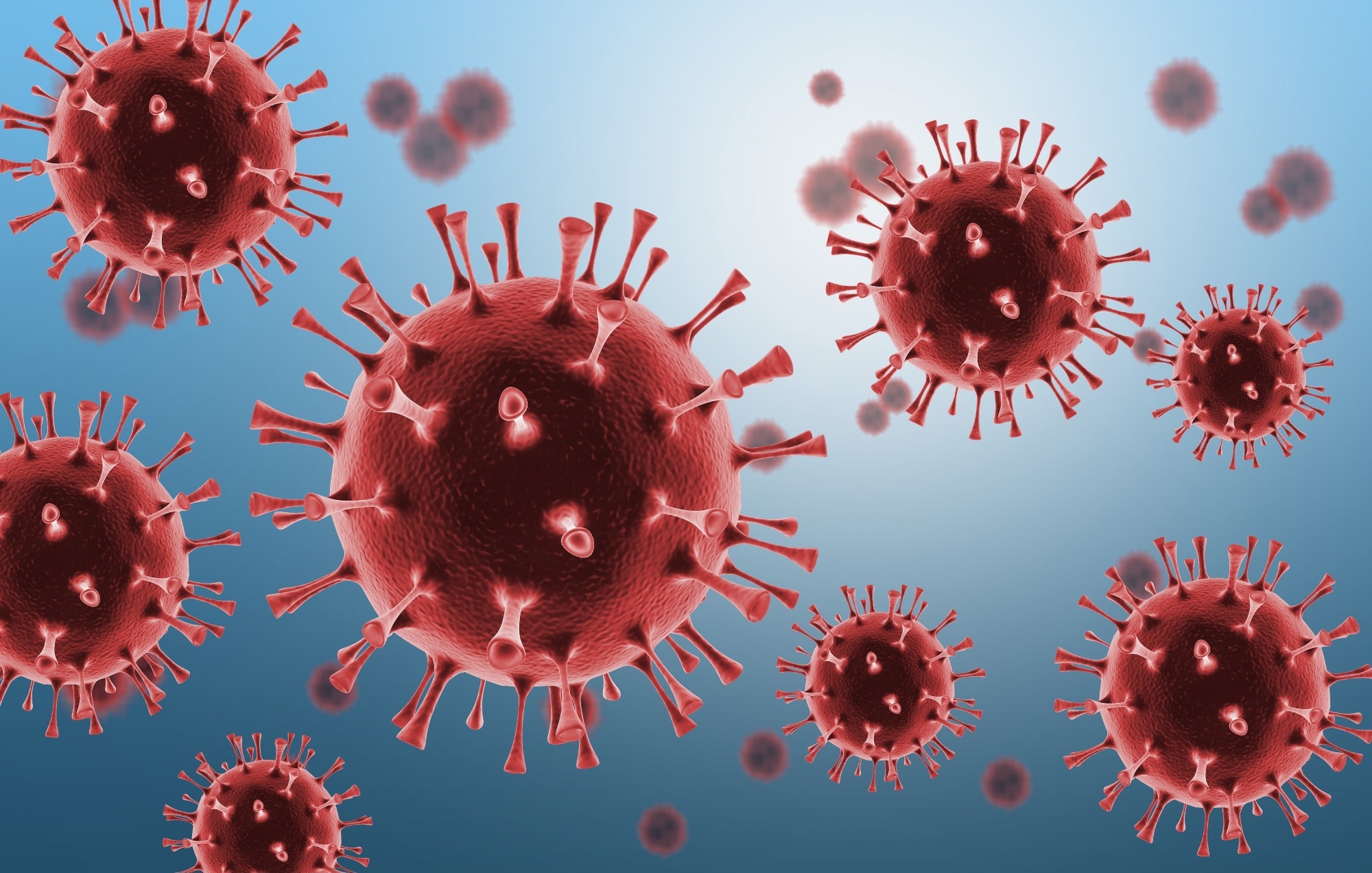They found that the TT genotype of SNP rs11568820 was significantly less frequent in hospitalized COVID-19 patients, suggesting its protective role against severe illness and hospitalization.
 Study: Comparing vitamin D receptor gene polymorphisms in rs11568820, rs7970314, rs4334089 between COVID-19 patients with mild and severe symptoms: a case control study. Image Credit: Billion Photos/Shutterstock.com
Study: Comparing vitamin D receptor gene polymorphisms in rs11568820, rs7970314, rs4334089 between COVID-19 patients with mild and severe symptoms: a case control study. Image Credit: Billion Photos/Shutterstock.com
Background
The clinical spectrum of COVID-19 ranges from mild symptoms to severe pneumonia or death. While serum vitamin D levels may not affect susceptibility to COVID-19, deficiency is more common among severe cases. Vitamin D, produced in the lungs, modulates immune responses and may impact COVID-19 severity.
VDR gene polymorphisms affecting VDR function are associated with immune responses. In COVID-19 patients, various VDR polymorphisms correlate with different symptoms, such as shortness of breath, renal disease, and hypertension. Genetic variations in the vitamin D pathway influence susceptibility to respiratory infections.
Understanding these genetic factors could aid in treatment strategies, identifying at-risk individuals, and informing future research to manage COVID-19.
Therefore, researchers in the present study aimed to assess and contrast VDR polymorphisms among patients with mild and severe cases of COVID-19.
About the study
The present study enrolled participants from the 5-year-long Isfahan COVID Cohort (ICC) study. A total of 176 COVID-19 patients were included, comprising 85 hospitalized patients (mean age 59.04 years, 37% male) and 91 non-hospitalized patients (mean age 47.77 years, 44% male).
Eligible patients aged 19 years and above with positive RT-PCR (short for reverse transcription polymerase chain reaction) results were selected using convenience sampling from provincial health center datasets.
While the hospitalization criteria were based on the World Health Organization’s (WHO’s) definitions of moderate or severe cases, the non-hospitalized patients were non-symptomatic.
Written informed consent was obtained from all participants, and the National Institutes for Medical Research Development (NIMAD) approved the study protocol in Tehran, Iran.
Data collection was conducted by health center interviewers trained in questionnaire administration and measurement procedures. Demographic, socioeconomic, and lifestyle data were collected.
Patients' medical histories, including non-communicable diseases such as cardiovascular disease, hypertension, diabetes mellitus, chronic respiratory disease, chronic kidney disease, and medication history, were obtained.
Blood samples were collected for deoxyribonucleic acid (DNA) isolation. DNA quality was then assessed using Nanodrop and agarose gel, followed by genotyping of VDR gene polymorphisms using amplification refractory mutation system (ARMS) PCR and Sanger sequencing.
Statistical analysis involved using chi-square test, Fisher-exact test, Student’s t-test, Mann-Whitney test, Bonferroni correction, odds ratios (OR), and logistic regression.
Results and discussion
In the hospitalized group, the mean age and waist circumference were higher, while physical activity levels were lower compared to the non-hospitalized group. Additionally, the hospitalized group had a lower frequency of current smokers but higher rates of hypertension and diabetes mellitus compared to the non-hospitalized group.
Among the SNPs studied, the TT genotype of rs11568820 was found to be significantly rare in the hospitalized group (3.5%) compared to the non-hospitalized group (17.6%; P = 0.018).
Statistical significance was also observed in the recessive model (P = 0.003). However, no significant differences were found in the genotypes or allele frequencies of SNPs rs7970314 and rs4334089 between the two groups.
Furthermore, the rs11568820 SNP genotype exhibited a significant inverse association with COVID-19 hospitalization, even after adjusting for comorbidities such as coronary heart disease, current smoking, and body mass index. Specifically, this genotype was associated with an 82% reduction in the risk of hospitalization (OR 0.18).
Conversely, no significant relationship was observed between the genotypes of SNPs rs7970314 and rs4334089 and COVID-19 hospitalization. Notably, the recessive model for rs11568820 showed a significant association with hospitalization (OR 0.14), while other SNPs did not demonstrate significant associations.
A key strength of the study lies in its exploration of VDR SNP distribution across varying severities of COVID-19, a perspective less explored in previous research focusing predominantly on serum vitamin D levels and susceptibility.
However, the study is limited by its descriptive nature, preventing the establishment of causal relationships between polymorphisms in VDR and the severity of COVID-19.
Additionally, the lack of serum vitamin D level measurements and data on immunological factors restricts the comprehensive interpretation of the findings. This calls for larger, more detailed investigations in diverse patient subgroups.
Conclusion
In conclusion, the present study identified the TT genotype of rs11568820 as a protective factor against severe COVID-19. Nevertheless, confirmation of these findings requires larger-scale studies accounting for diverse confounding factors.
In the future, understanding genetic predispositions can enhance personalized treatment approaches against COVID-19.